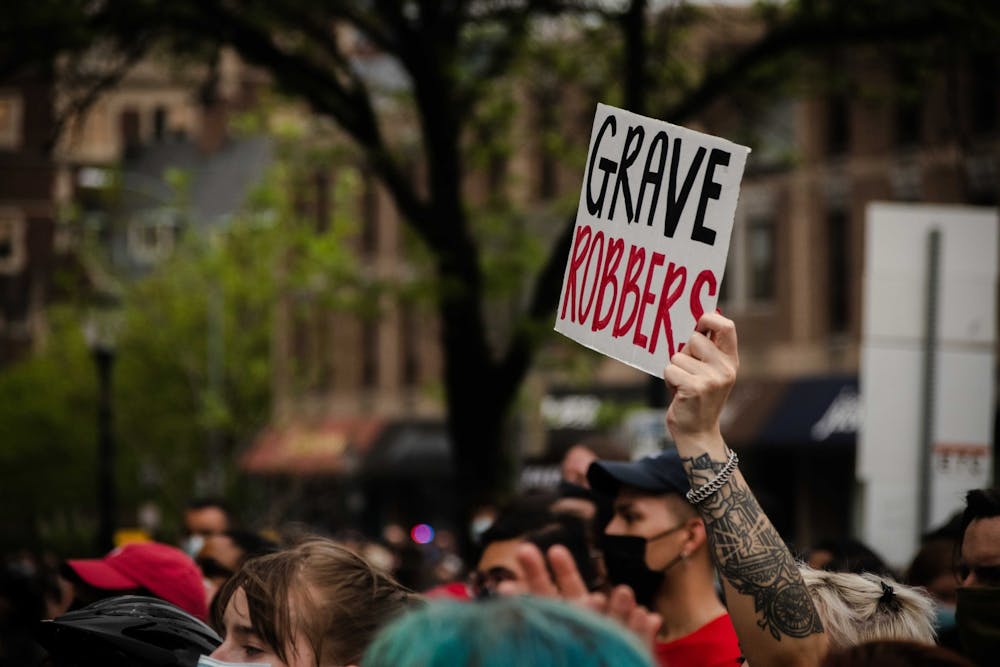This past Monday, the Penn Museum formally apologized for possessing the remains of at least one child killed by Philadelphia police in the 1985 MOVE bombing. However, Penn Museum's apology has not been without controversy. Members of MOVE, a Black liberation advocacy group, rejected the apology as insufficient, demanding the immediate return of the remains, the firing of a key employee of Penn Museum at the center of the scandal, and financial reparations.
Likely in response to this criticism, the University issued a second apology on Wednesday, where they doubled down on their promise to return the remains. While the Penn Museum and the University's recognition that their initial apology was inadequate is a step in the right direction, the University still must do more to truly right this wrong. Beyond returning the remains of the children to the Africa family as soon as possible, the Penn Museum and the University must offer financial reparations to the Africa family, and agree to a community-approved investigation.
First and foremost, the University must announce and implement a plan to compensate the Africa family for decades of harm, specifically in the form of reparations. This demand is one of many made by the MOVE family, and is especially important given how the Penn Museum exploited said remains for decades. Penn's payment of reparations for holding the remains of MOVE bombing victims would not be unprecedented; other prominent Universities, such as Georgetown, have developed plans for reparations to right historical wrongs.
Additionally, Penn must take concrete steps to ensure accountability. First and foremost, that means meeting MOVE members' demands for a transparent public investigation into how Penn acquired the remains. While Penn has already hired a pair of attorneys from the Tucker Law Group, and has promised to share the report with the Penn community, the University must go further. This means securing the approval of MOVE members in the investigation, and keeping them updated regarding its progress and findings. Ensuring transparency, not just toward the Penn community, but to West Philadelphians and MOVE members in particular, is of the utmost importance.
Handling this situation correctly is particularly important in light of Penn's recent history with racism. Until two weeks ago, the University had no announced plans to repatriate the Morton Collection, a collection of about 1,000 crania that included body parts from enslaved individuals and over a dozen skulls stolen from the graves of Black Philadelphians in the 19th century. Additionally, Black students at the University have reported chronic racial profiling by members of Penn Police, as well as patterns of racism in the Chemistry Department. If the University can not handle the MOVE situation well, it is doubtful they can combat other instances of systemic racism on campus successfully.
Penn can't right every wrong of its past overnight. However, through paying reparations to members of MOVE, as well as ensuring accountability, the University can go a long way in restoring trust with West Philadelphia, and correcting a long-standing injustice.
Editorials represent the majority view of members of The Daily Pennsylvanian, Inc. Editorial Board, which meets regularly to discuss issues relevant to Penn's campus. Participants in these meetings are not involved in the reporting of articles on related topics.









